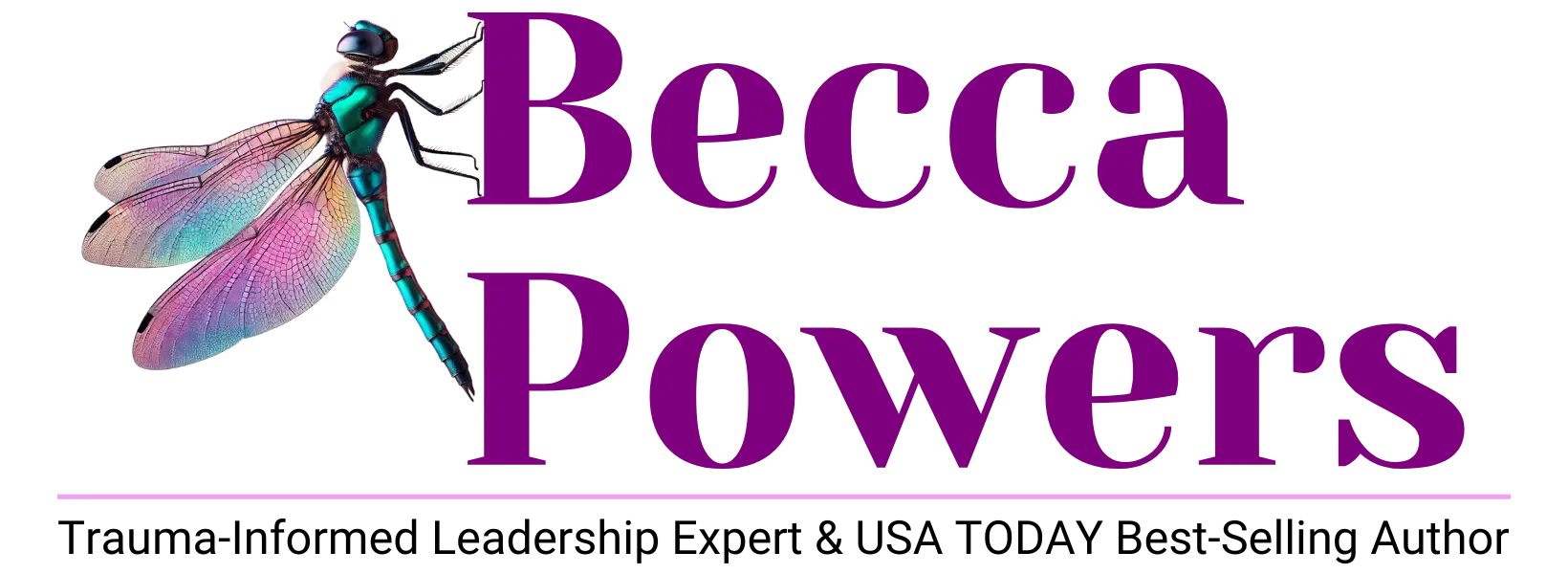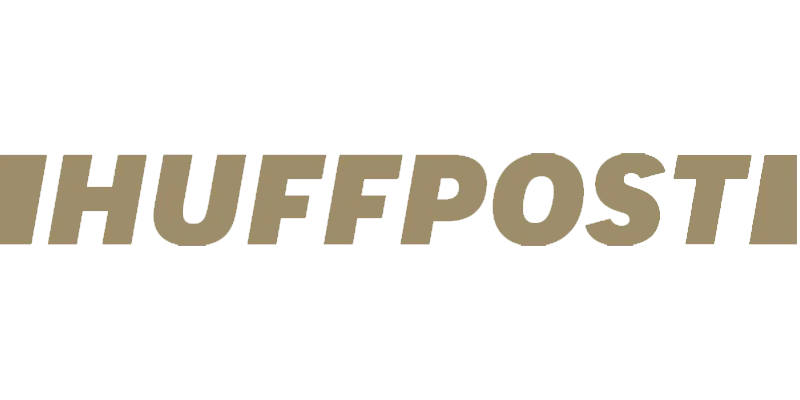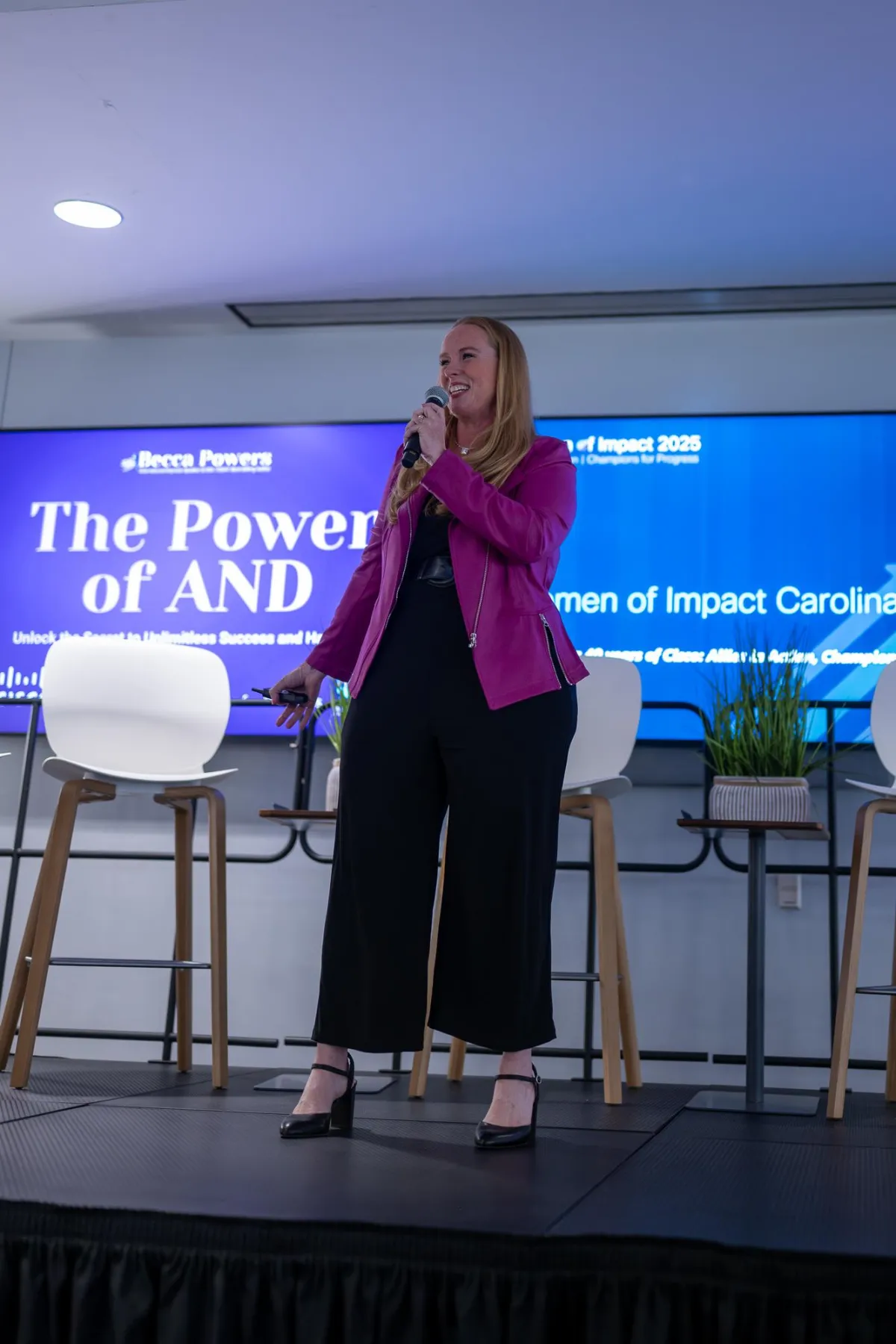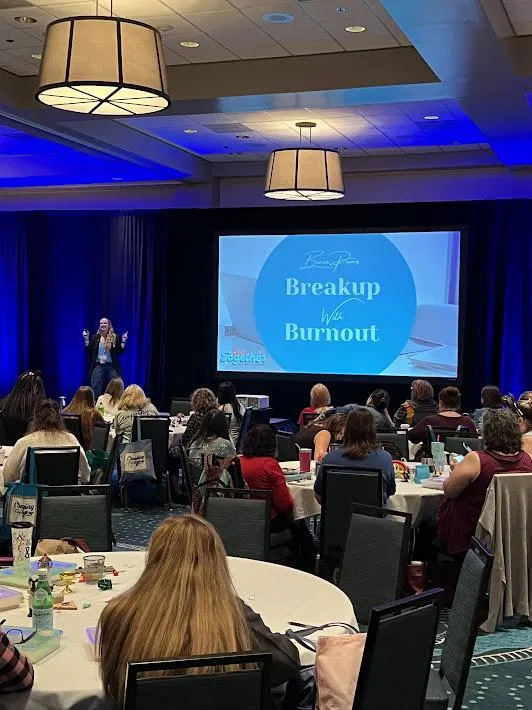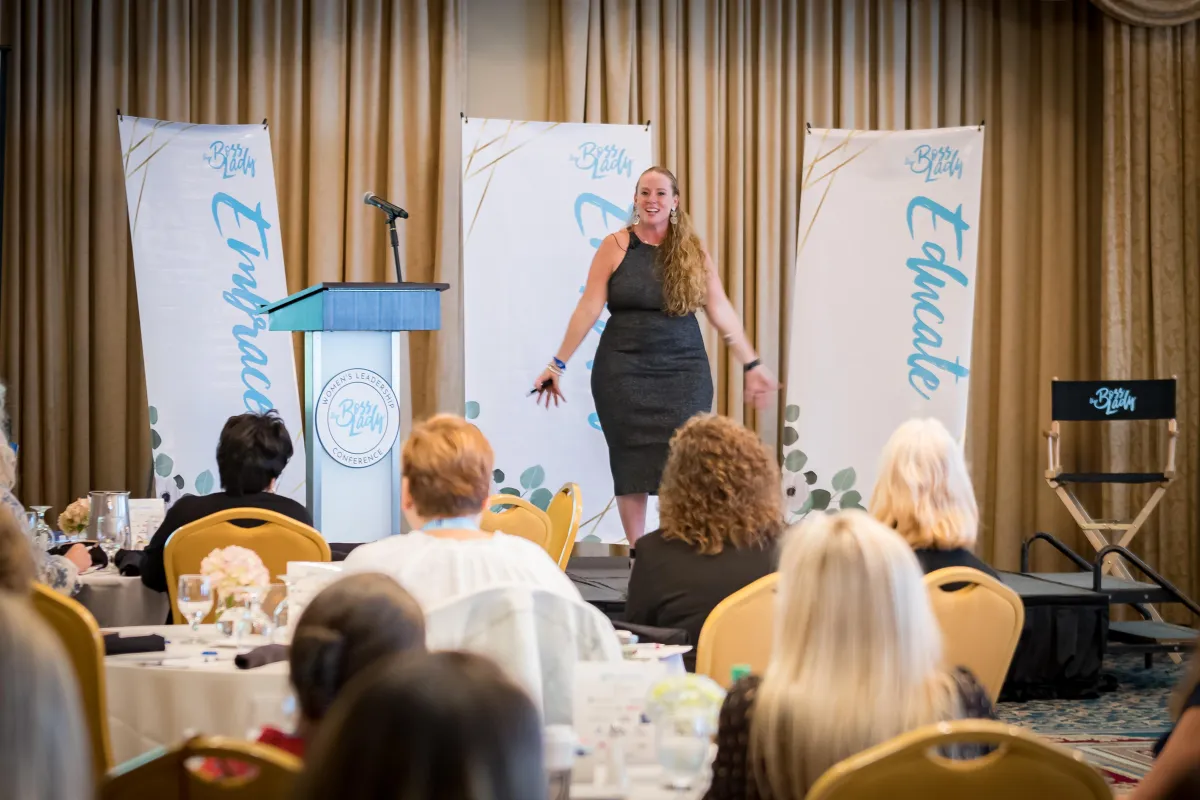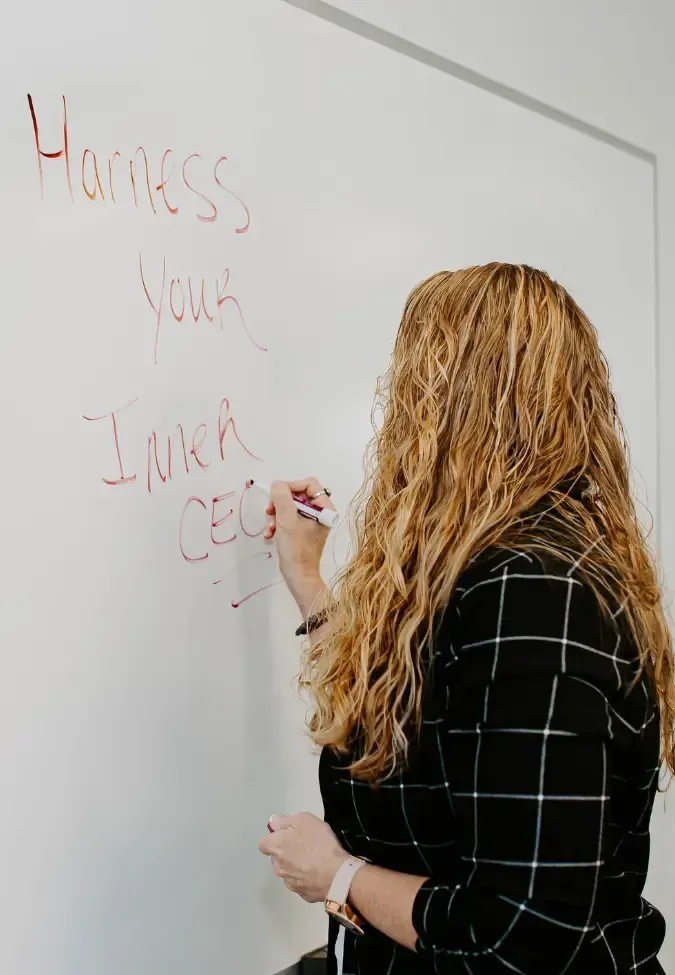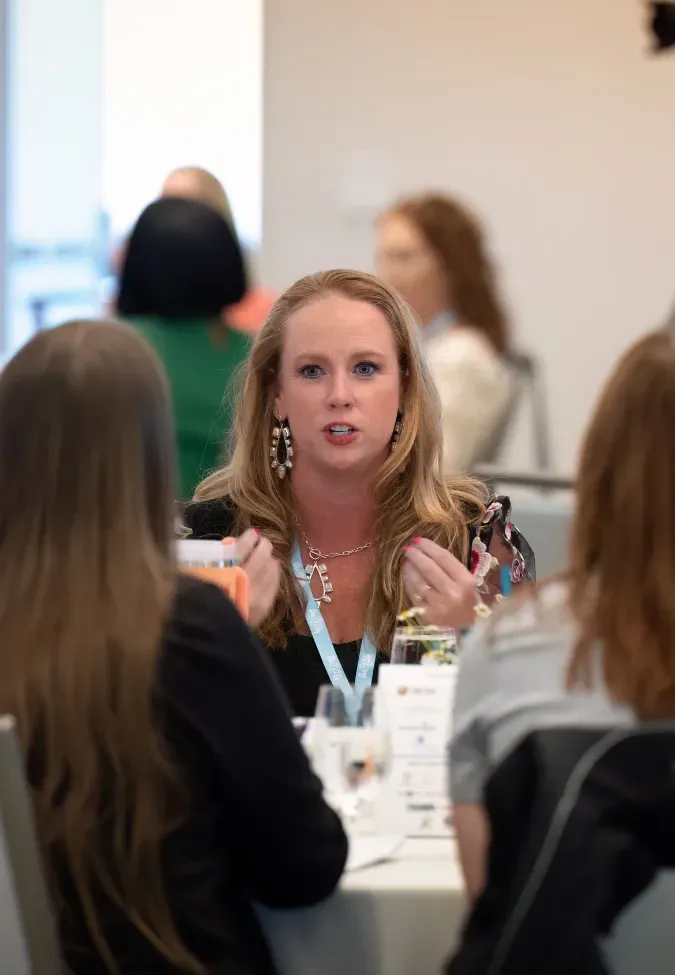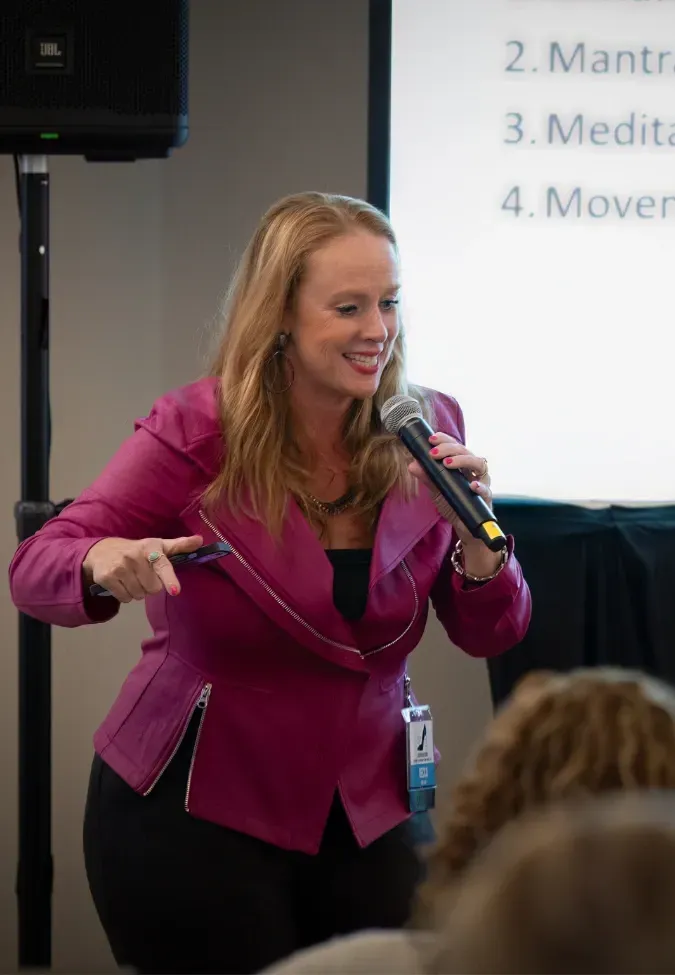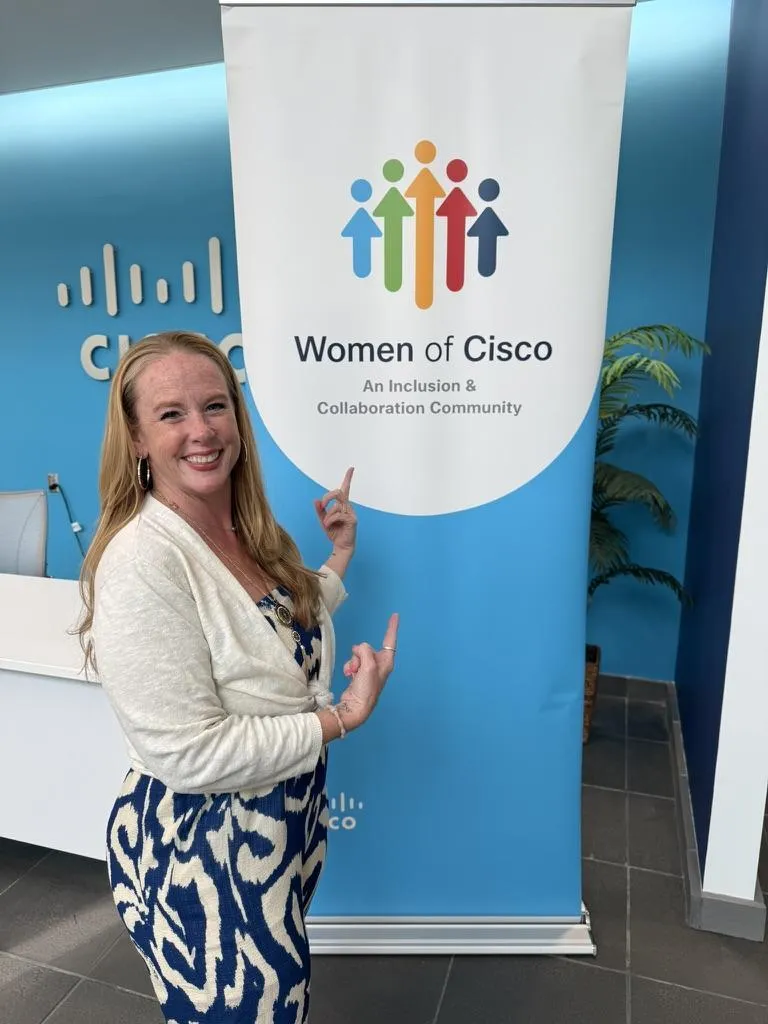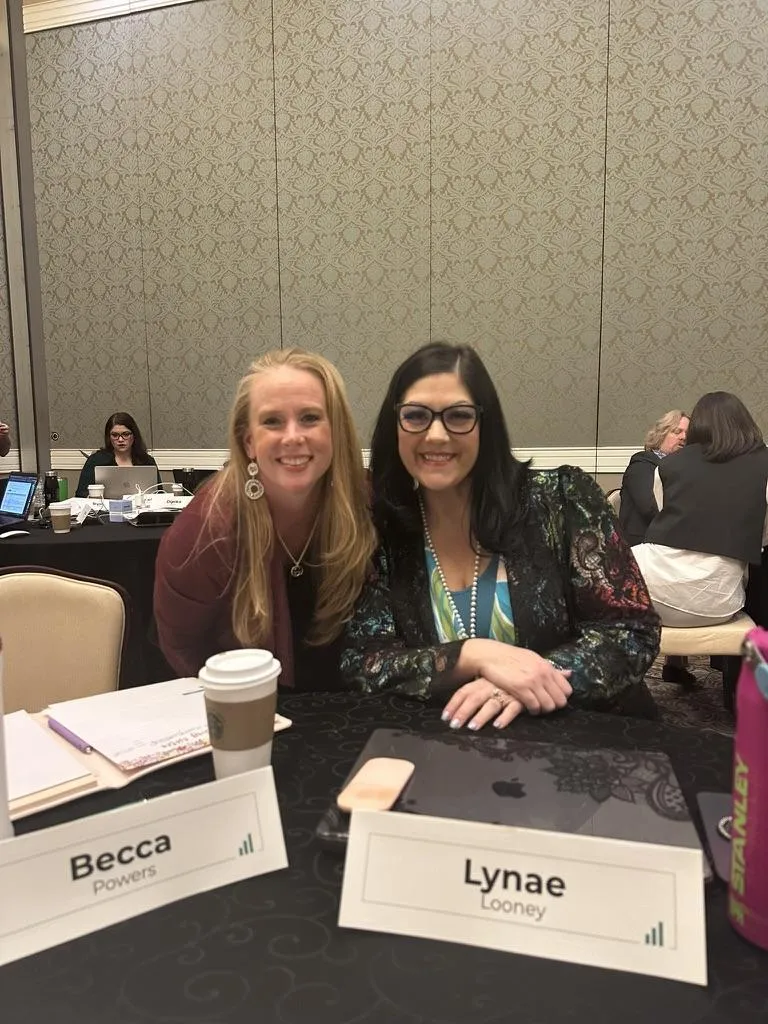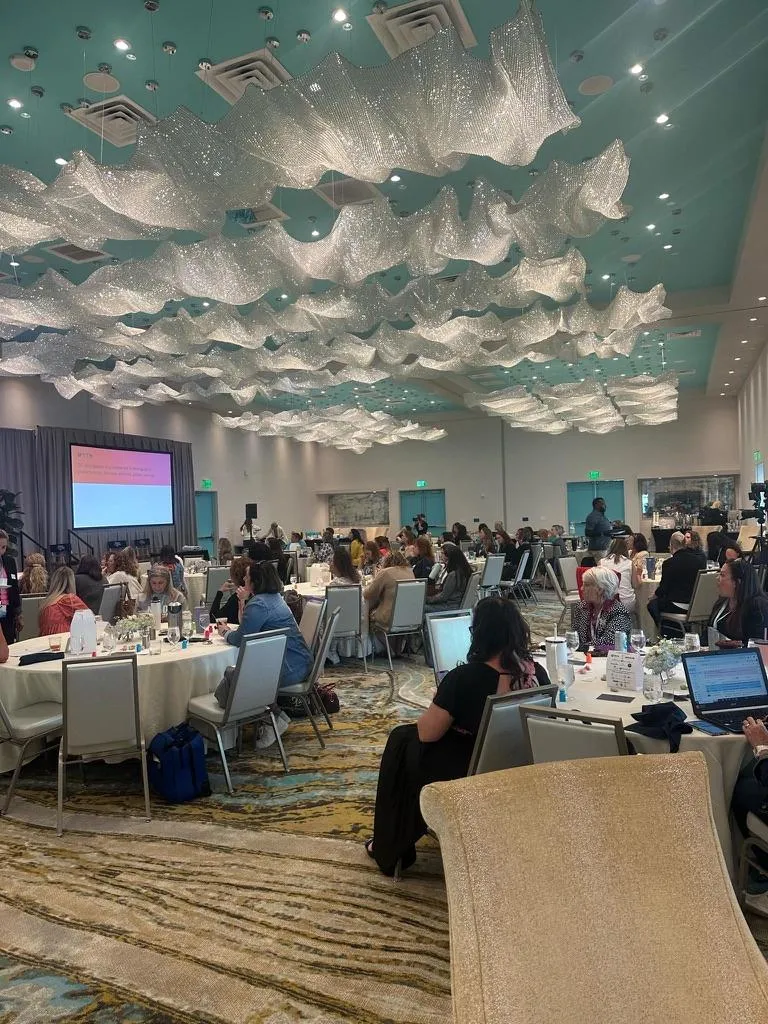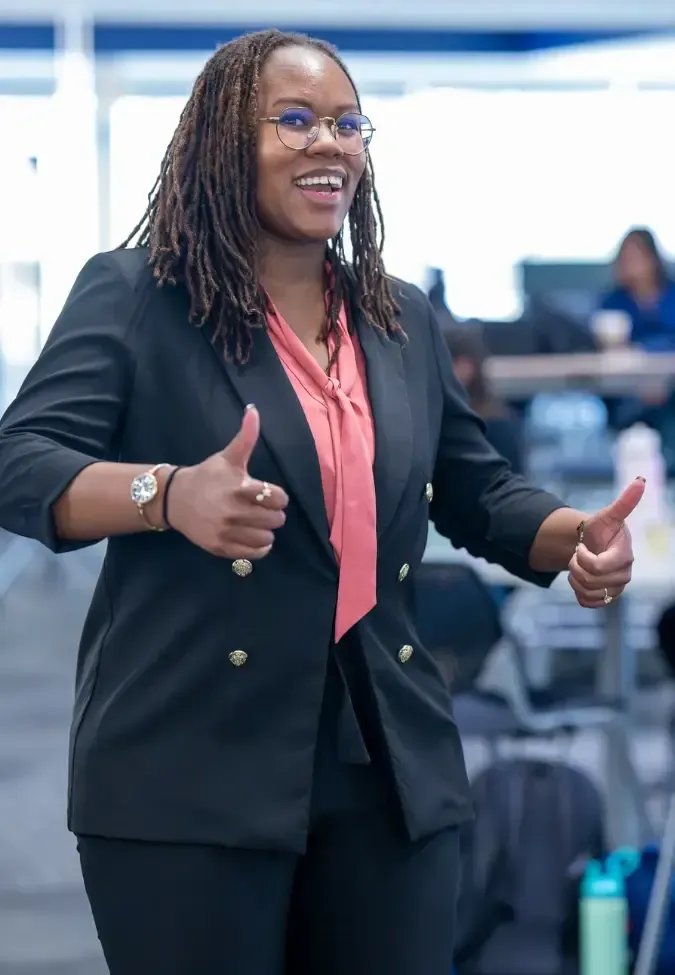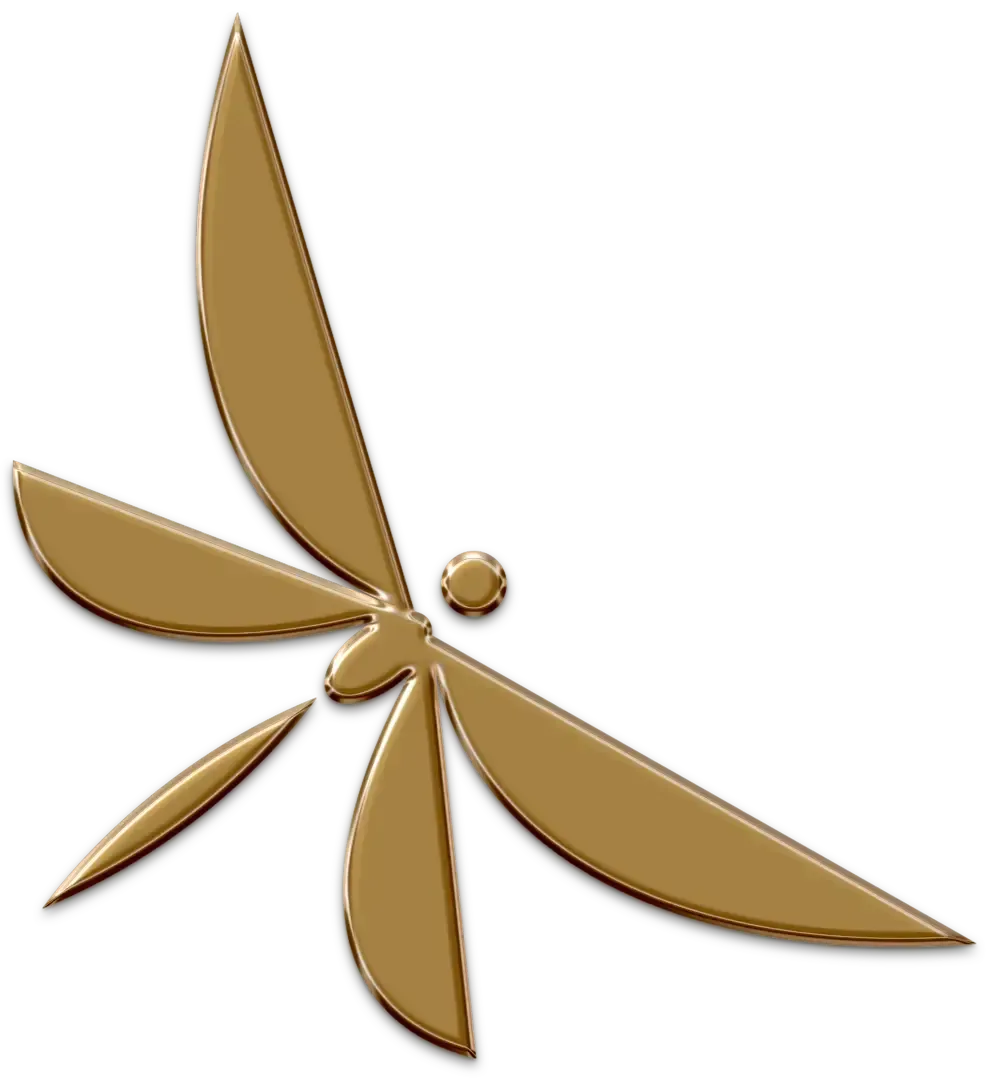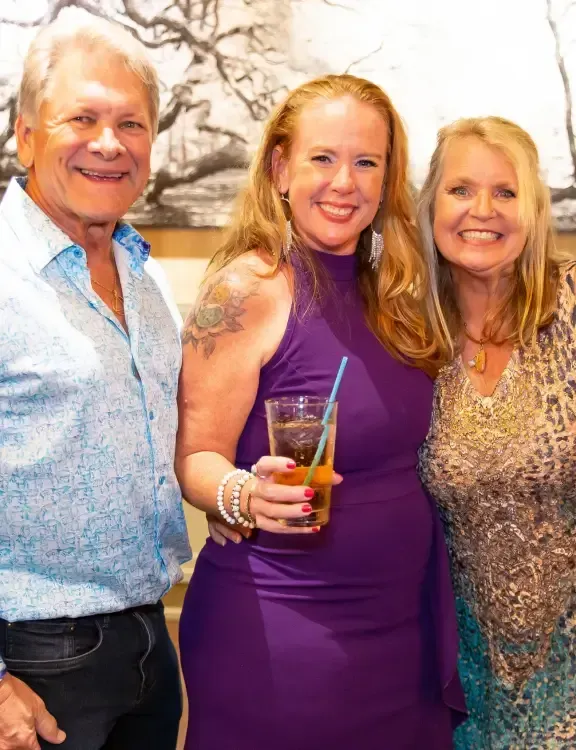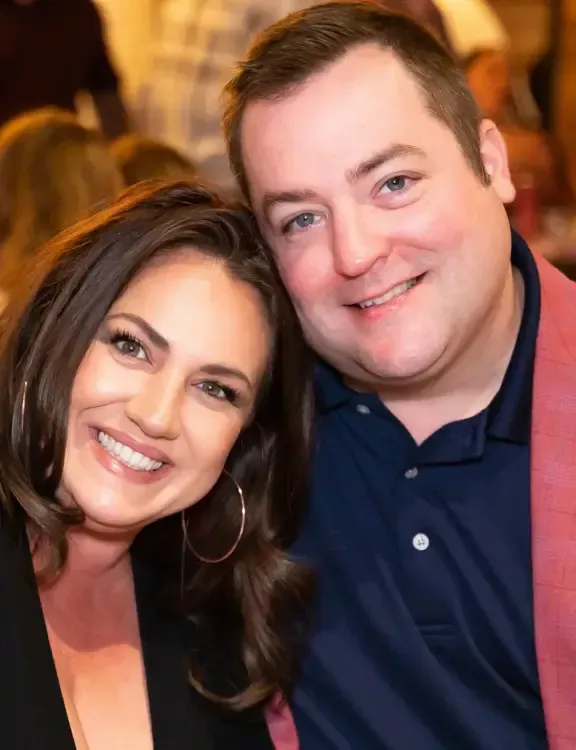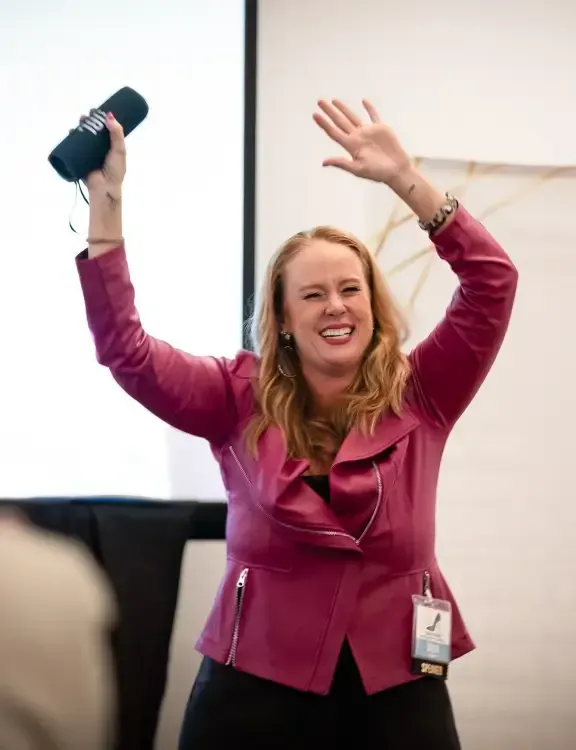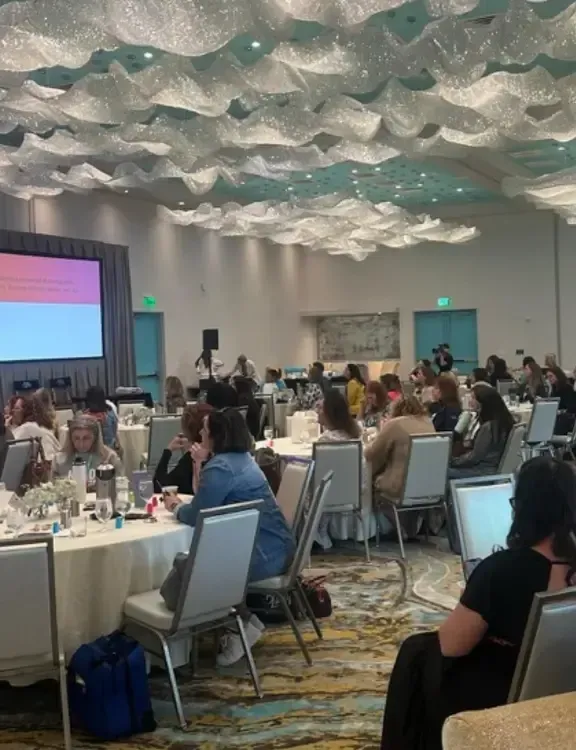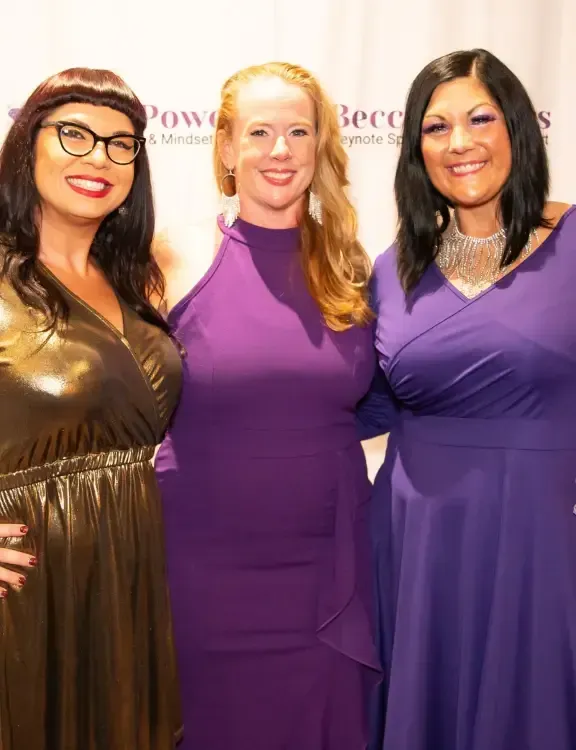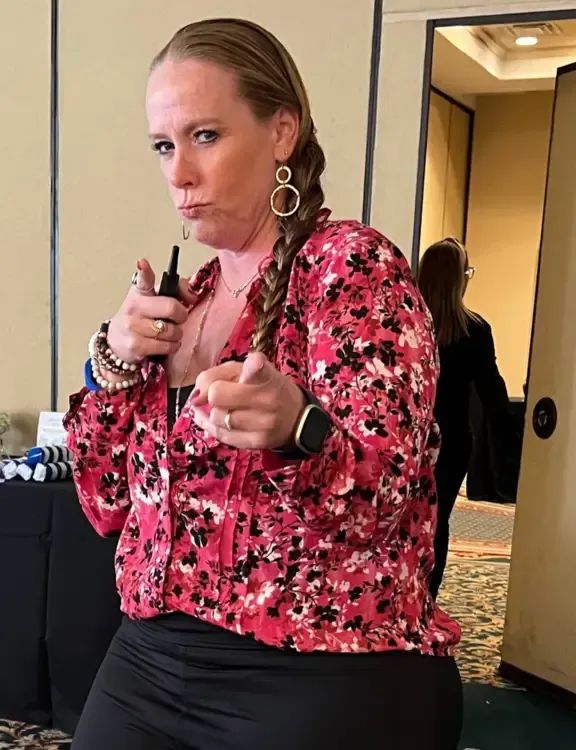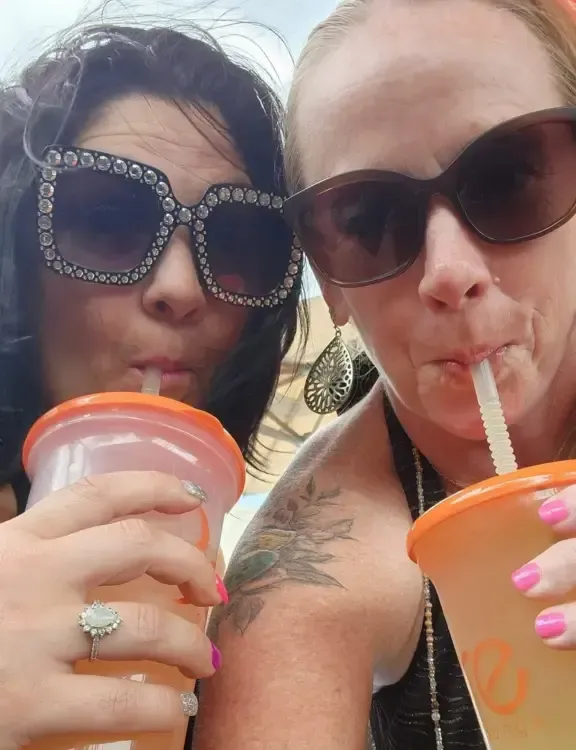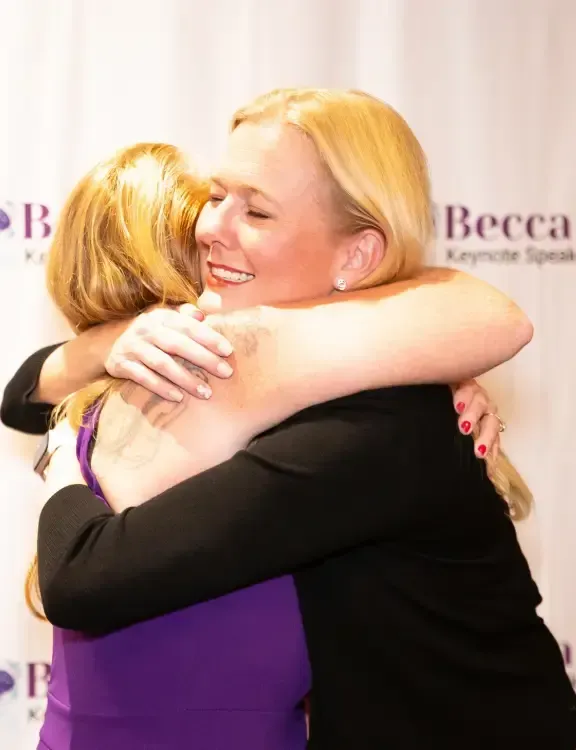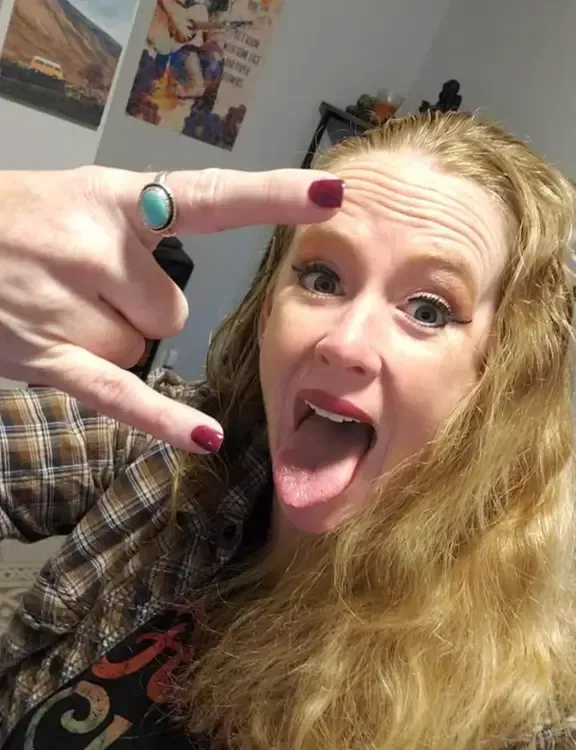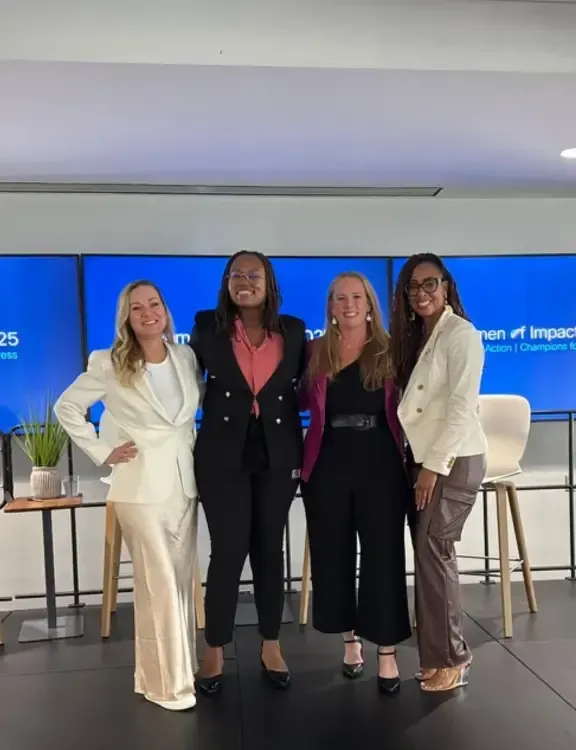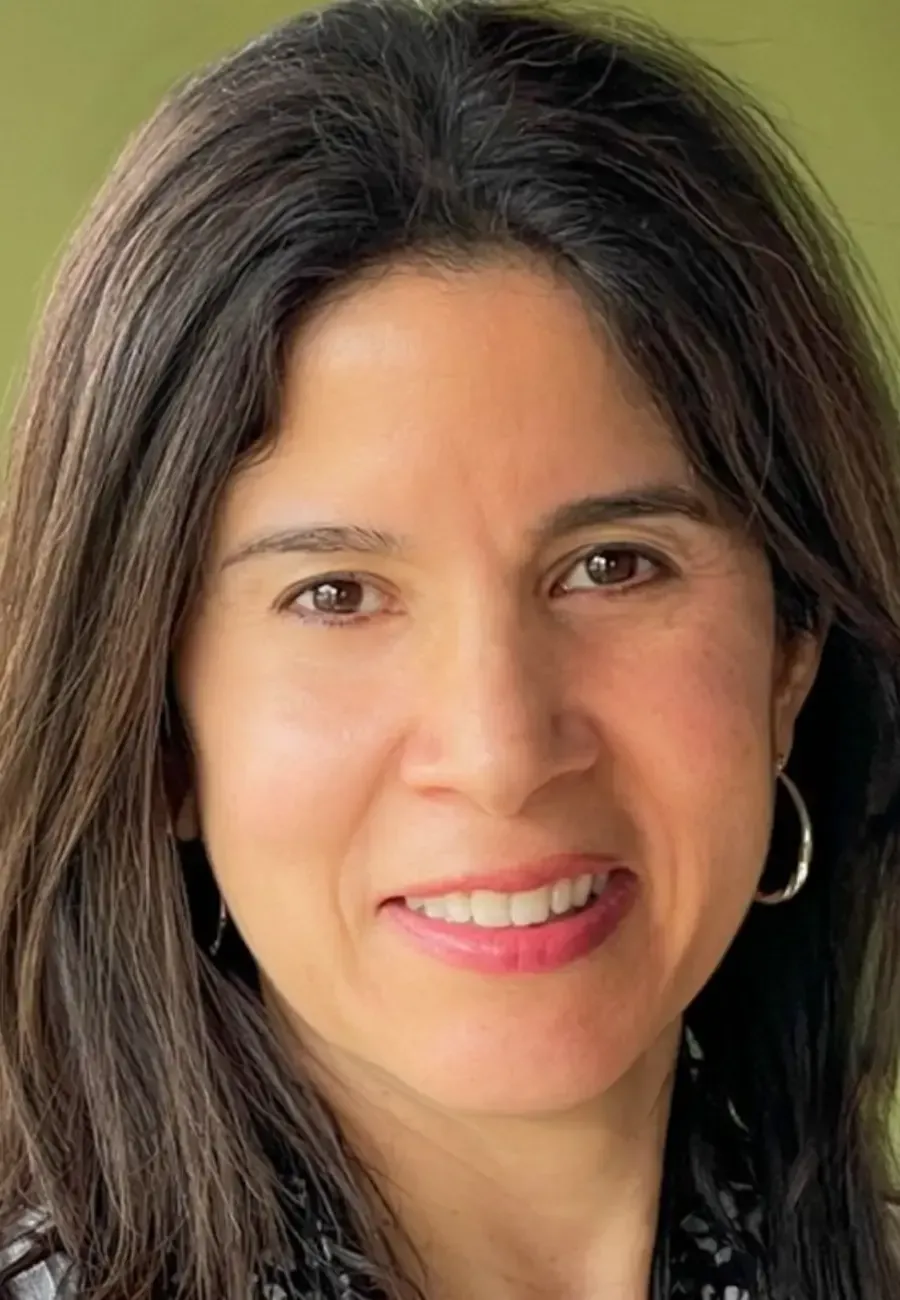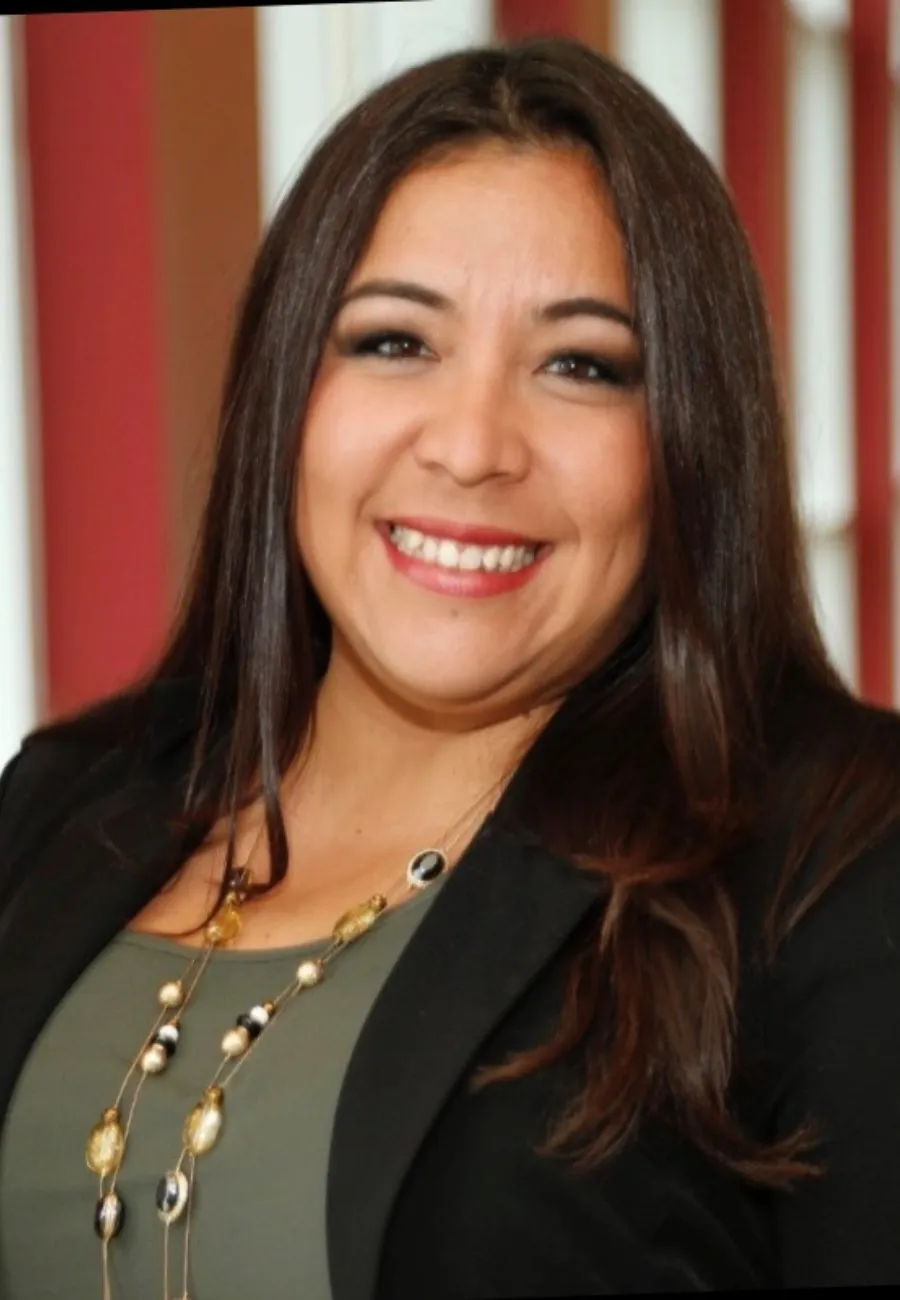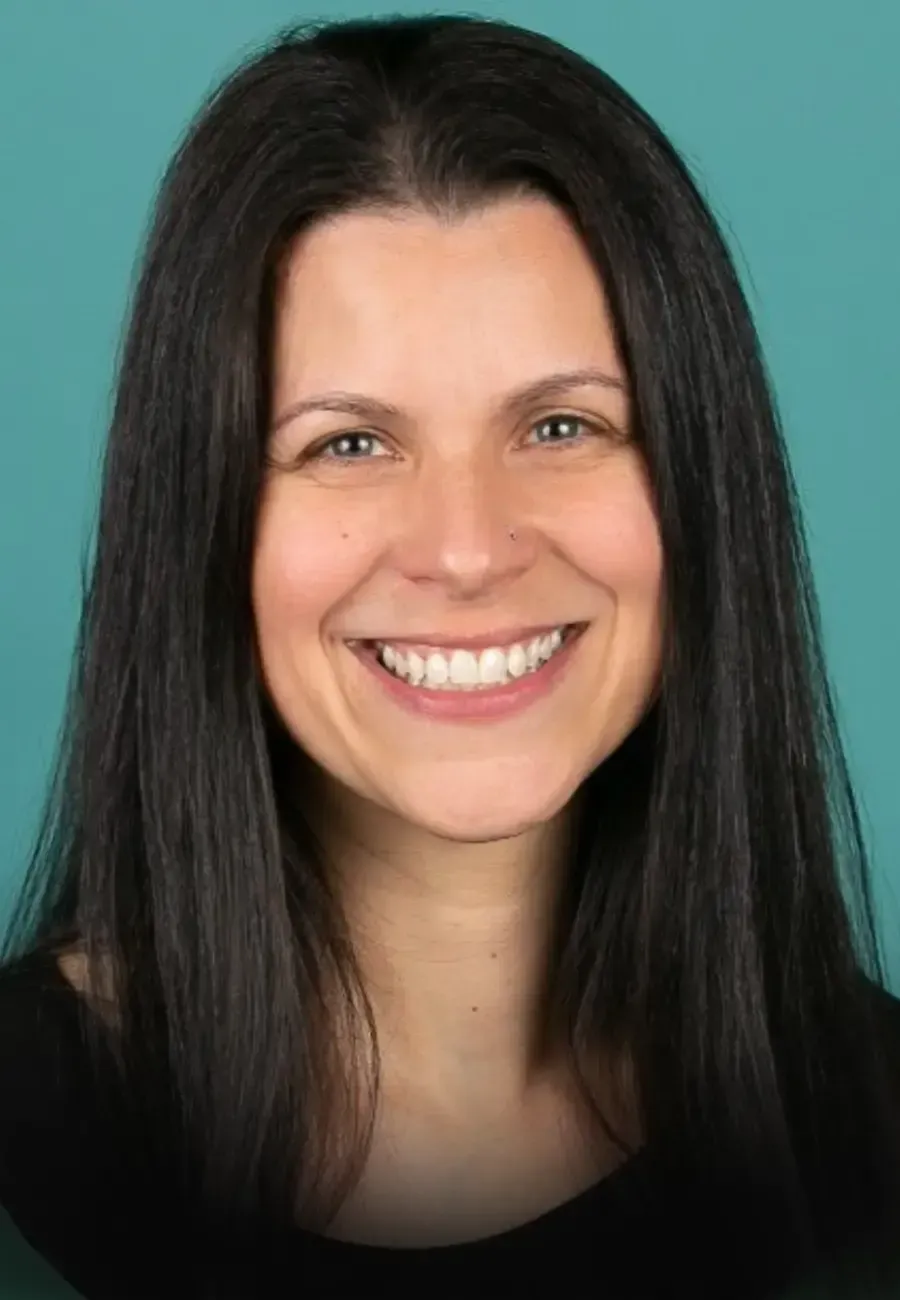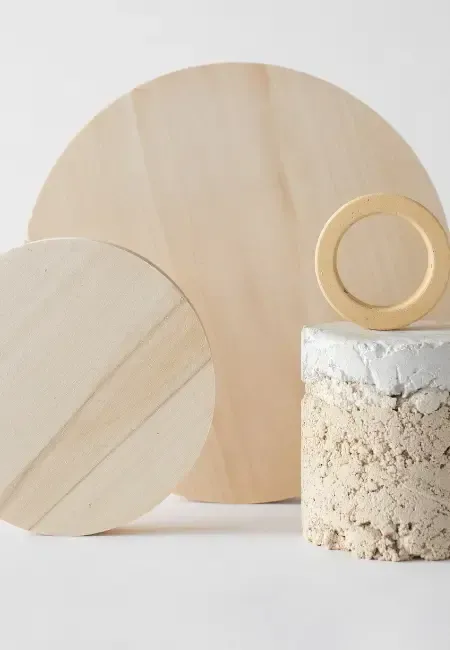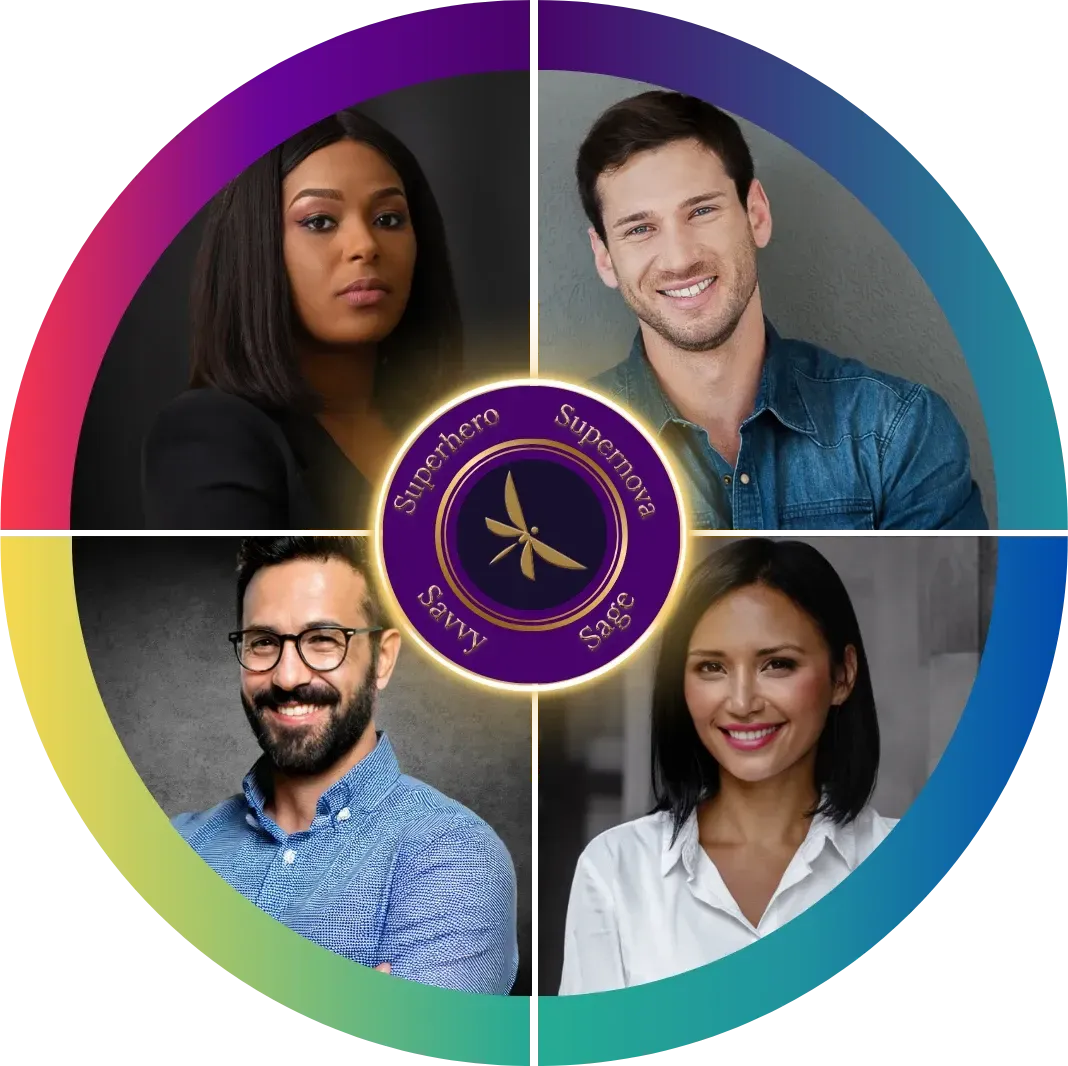For Successful High-Performing Professionals
How to
Drive BIG Results
Without
Burning Out Your Team (or Yourself)
AS FEATURED IN:





As Featured In:
Becca cuts through the BS and empowers…our team loved it and wanted more
Tracey Rappaport
Strategic Programs
and Communications Manager
Dell Technologies
Becca drops truth bombs that feel like feathers…but delivered the punch the audience needed.
Rebecca Mountain
International Best-Selling Author
and High-Performance Coach
Since I have quadrupled my income - quadrupled!!! And, my team’s revenue has grown 2x or more!
Rachel Southworth
Senior Vice President
Healthcare Staffing
***THE FOYER***
What Do You Need Help With Today?
***TRUST BUILDER***
***TRUST BUILDER***
You're a Leader Driven by Impact
***TRUST BUILDER***
..and the old ways of powering through are no longer generating sustainable results - and deep down you know it. You are ready to scale your business, amplify your influence, and create a legacy to be proud of. You’re eager to unlock the hidden potential within your team, your business, and yourself.
You want to resolve the barriers that hold back performance, creativity, and connection. You want to be a leader that not only drives results but also elevates lives—fostering a culture where people flourish, innovation soars, and growth becomes sustainable and scalable.
Without burning out yourself and your team.
***TRUST BUILDER***
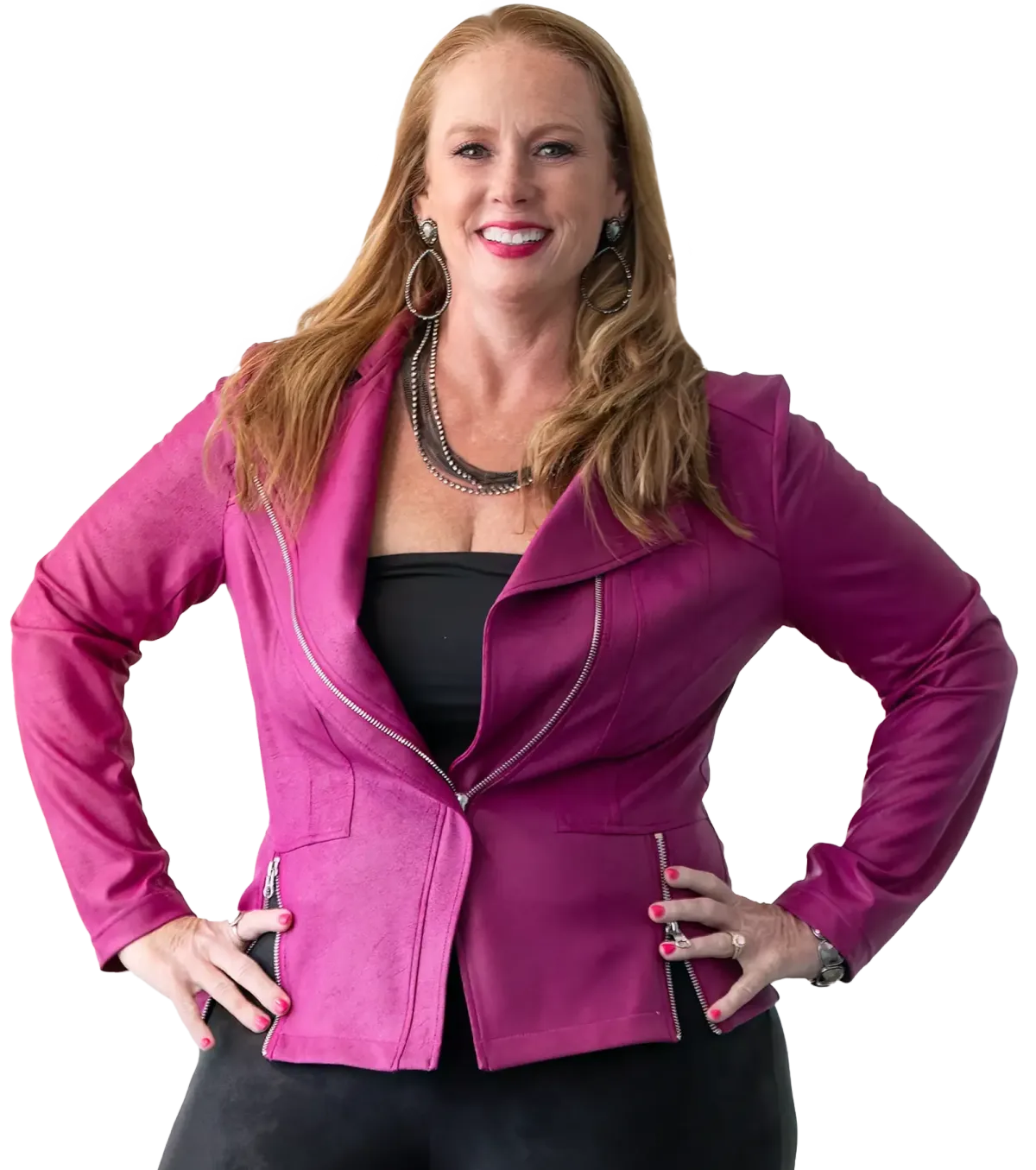
***TRUST BUILDER***
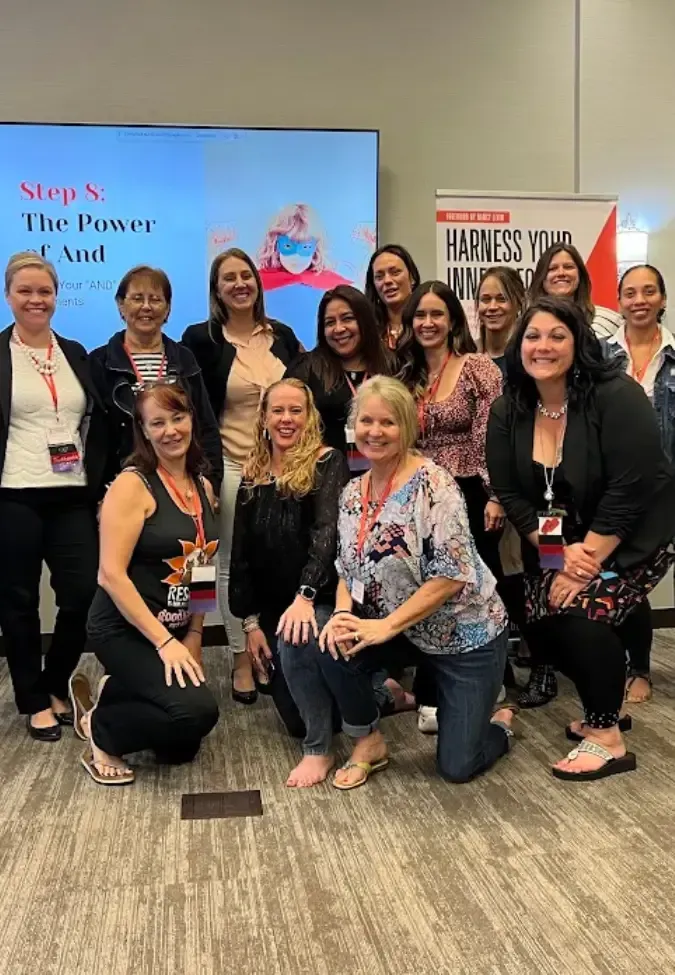
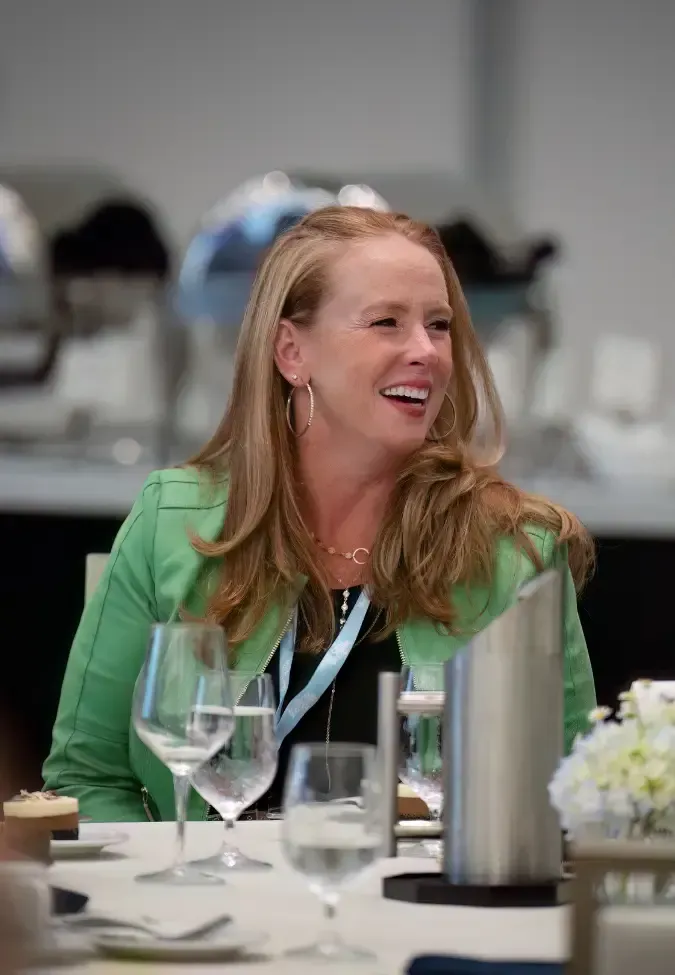
***TRUST BUILDER***
***TRUST BUILDER***
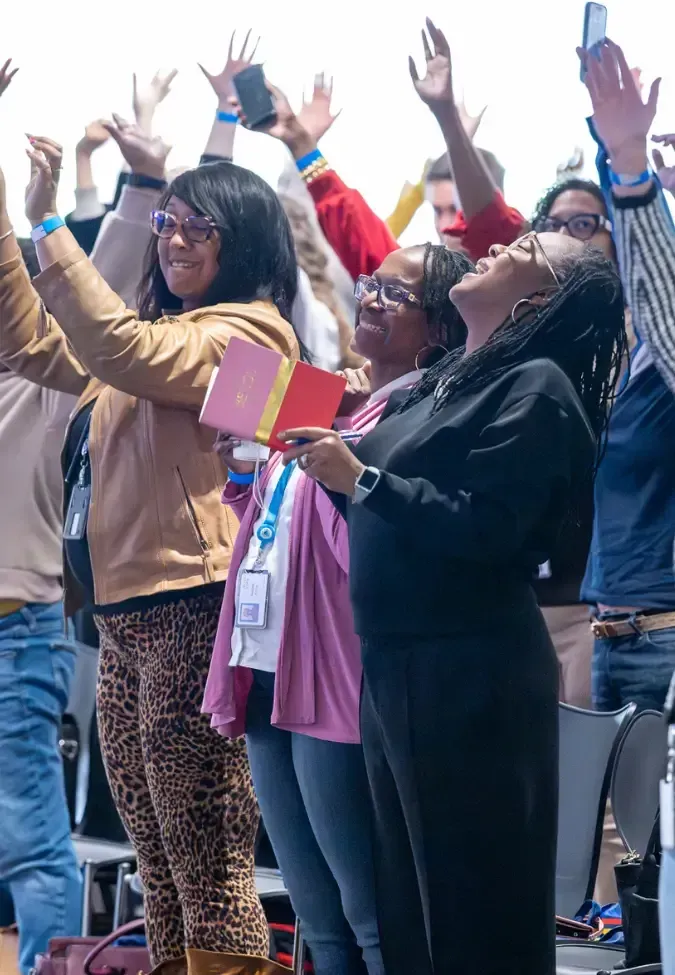
We can
help!
The truth is... you don’t have a productivity problem—you have a safety problem.
And it’s not a lack of skills, training, or talent.
It’s burnout, overwhelm, and outdated leadership models that don’t account for the human nervous system and are preventing you from hitting your optimal results.
Challenges are what make life interesting
and overcoming them is what makes life
meaningful


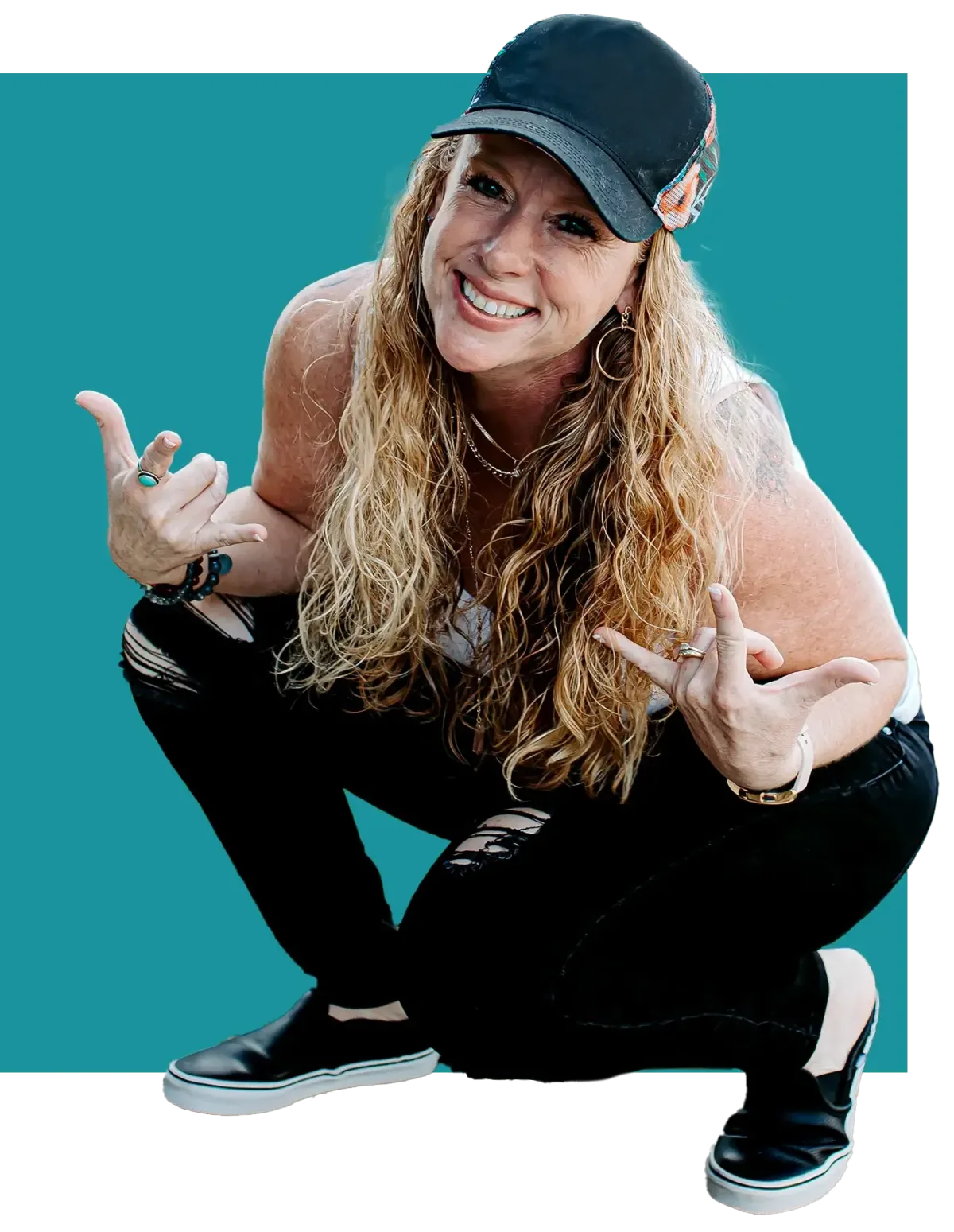
Your Peak Potential is
Calling You...
We teach our clients a trauma-informed leadership approach that unlocks you and your team's fullest potential…and we give you proven techniques backed by science, psychology, and metaphysics to grow your business and transform the lives of the people you serve in away the produces extraordinary results.
Welcome To Our Site.
Have a look at our About page. Click on our Success Stories page and meet some of the people we’ve worked with.
And when you’re ready, click above to watch this video compilation to get a sense of how we help our clients unlock the fullness of their potential – in life and business… without burning out.
All the best,
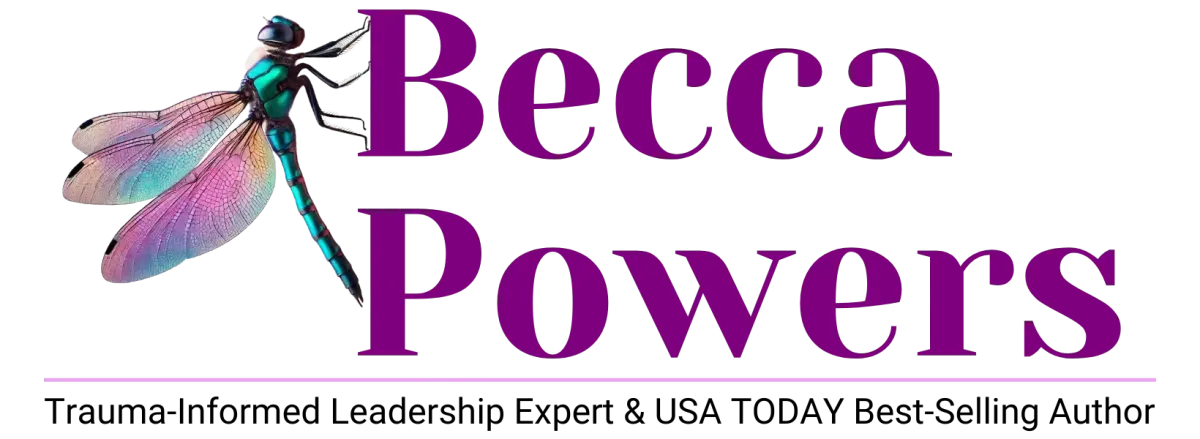
Resources
Become A
Transform your team, clients, and your business with the trauma-Informed Leadership Coaching Certification.
at your next event
Becca Powers, will provide a memorable experience filled high energy, empowering concepts, and audience engagement guaranteed to ignite the fire within.
Order your copy of
Order your copy of Becca's best-selling books: A Return To Radiance, Harness Your Inner CEO or The Workplace Burnout Workbook
Join
Designed for successful high performers ready to transform their lives and align career success with more influence, impact, and fulfillment.
Enroll in the
2 Day Immersive Certification Program
Listen To
Becca Powers, brings you inspiring stories of individuals who turned their toughest setbacks into their greatest successes in this podcast
Resources
Become A
Transform your team, clients, and your business with the trauma-Informed Leadership Coaching Certification.
Join
Designed for successful high performers ready to transform their lives and align career success with more influence, impact, and fulfillment.
at your next event
Becca Powers, will provide a memorable experience filled high energy, empowering concepts, and audience engagement guaranteed to ignite the fire within.
Enroll in the
2 Day Immersive Certification Program
Order your copy of
Order your copy of Becca's best-selling books: A Return To Radiance, Harness Your Inner CEO or The Workplace Burnout Workbook
Listen To
Becca Powers, brings you inspiring stories of individuals who turned their toughest setbacks into their greatest successes in this podcast
***THE FOYER***
Your Path To Being World-Renowned Awaits...
choose from...
STAR SUCCESS
EXPERT On DEMAND
